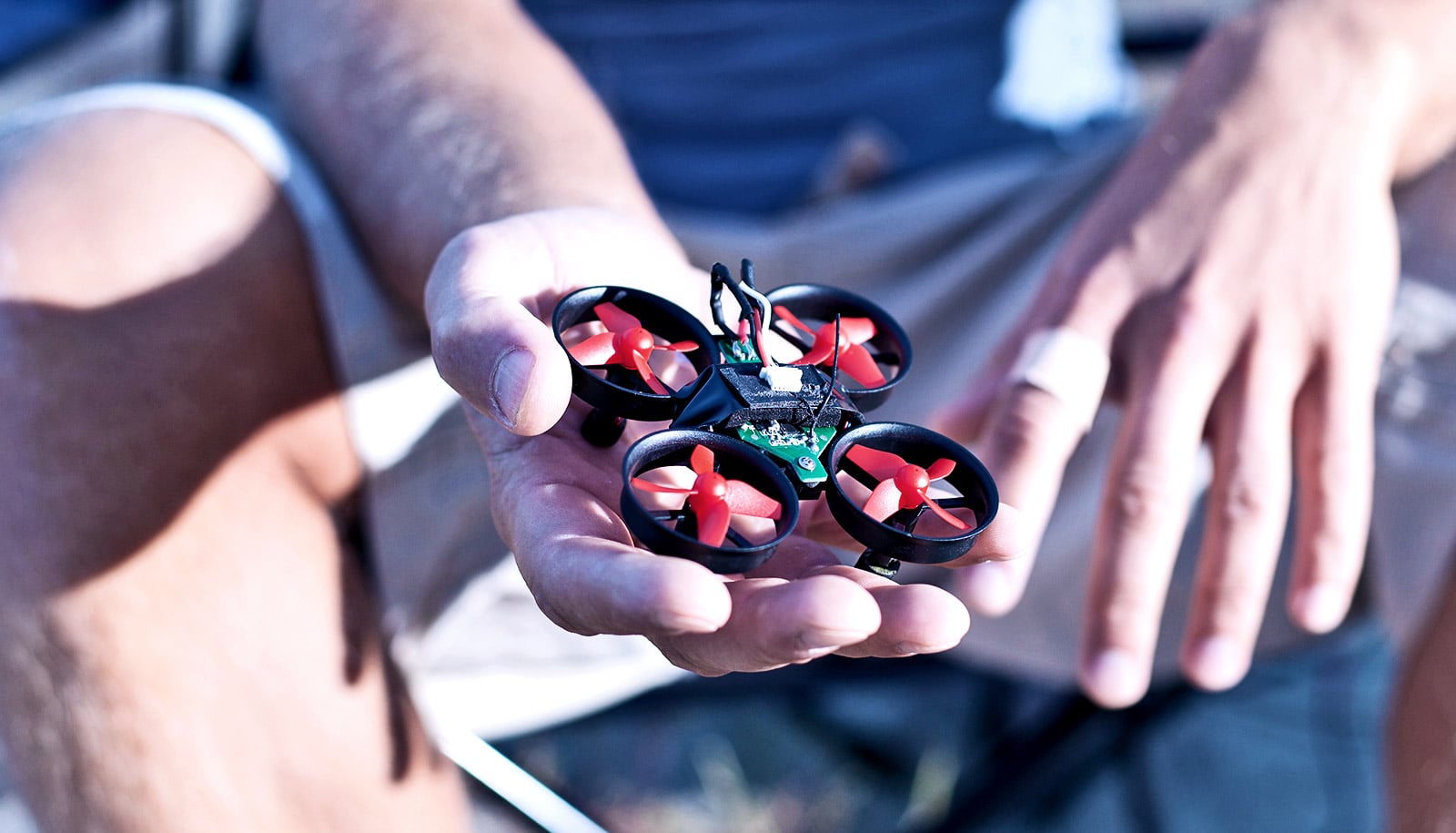Self-employed people who work in some of the most popular—but lowest paid—occupations have the greatest risk of losing their job to artificial intelligence, experts say.
With both self-employment and AI investment on the rise, independent sales people, drivers, and agriculture and construction workers face the greatest danger of having their jobs computerized, because the work is routine and low in technical expertise.
“Those who are self-employed just don’t have the same access to AI resources that corporate employees do, which makes it difficult for them to keep up with these technological advancements,” says Kate Bezrukova, associate professor of organization and human resources in the School of Management at the University at Buffalo.
The researchers conducted a systematic review of every study to date on artificial intelligence and the self-employed, and compared those findings to their own research on groups and teams from more than 20 published studies across several work settings. Through this approach, they found that while AI poses risk to certain jobs, not every profession is in jeopardy.
In general, occupations that require employees to work together, negotiate, and make decisions have less elimination risk because these attributes are harder for AI to imitate. The careers less at risk from AI typically offer higher pay, such as lawyers, managers, and business and medical professionals.
The study also found that technical jobs such as robot maintenance and distribution of hardware for AI may see significant growth.
“It’s like when the computer revolution hit decades ago—there was great fear that computers would replace people,” says Bezrukova. “But work just shifted and IT positions grew because we needed more support for our computers and networking.”
Looking ahead, the study recommends creating public awareness programs to highlight the opportunities and risks of AI, updating education curriculum to integrate shifting skills and tools, and conducting additional research on the integration of AI in work, specifically for the self-employed.
The Center for Research on Self-Employment published the paper. Additional coauthors are from Simon Fraser University and Rutgers University School of Business-Camden.
Source: University at Buffalo



